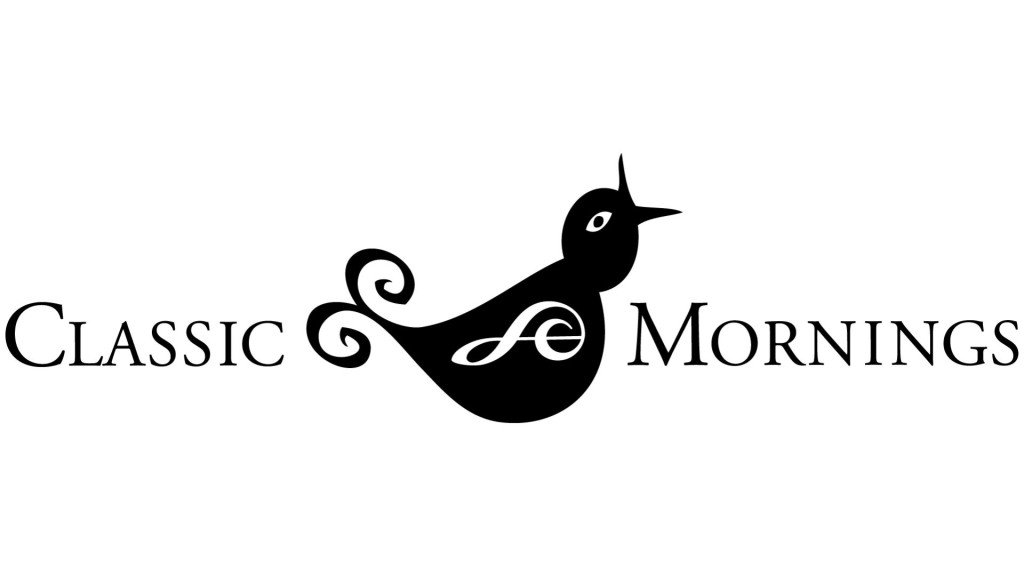Pairs in Season

I hadn’t thought about it before. But last week, in anticipation of playing the famous work, I wondered whether it’s more popular as an oboe concerto or as a flute concerto?
I quickly glanced online and noticed that the issue has been discussed. Some folks hadn’t realized that there were two versions of the same work. One person preferred the oboe version because it was the original one, and arranged for the flute only because of a commission for a flute concerto. Yet, a flutist praised the work, as if it had been written for the flute.
I was mildly amused by reading those and other comments. Still, nobody really answered my question. Is it more popular as an oboe concerto or as a flute concerto?
I’m guessing there’s no overall preferred version. The concerto is presented both ways in concerts and on recordings. Simply said, it’s a joy to listen to it with an oboe soloist or a flute soloist. You don’t have to choose just one or the other. It’s like a pair of musical twins.
On the other hand, I have to make a choice whenever I include the work on Classic Mornings. And this time around, I was rescued when I discovered that there’s a milestone celebration attached to oboist Burkhard Glaetzner’s recording of Mozart’s concerto. It was made 40 years ago, when Glaetzner was half his current age. I also realized that a handful of the oboist’s birthdays had passed since I last played his performance with the Berlin-based Carl Philipp Emanuel Bach Chamber Orchestra (Capriccio 10087).
A couple of weeks ago, I came upon an online argument about RVs. No, it wasn’t about recreational vehicles. But it invited the metaphor. I imagined a “discussion” in a parking lot about two similar vehicles with the license plates having been switched.
Actually, it was a discussion about two trios by Vivaldi, both of which are “vehicles,” so to speak, for a violinist, a lutenist, and continuous bass players. Antonio Vivaldi’s works have catalog numbers assigned by the Danish musicologist Peter Ryom. They’re known as Ryom Verzeichnis numbers – RV for short. At an online classical music catalog website that’s gotten more extensive over the years, the RV numbers had been switched around for those trios. That prompted a bit of discussion.
I understand the need for catalog numbers, especially for the music of a composer who wrote hundreds of concertos and sonatas. But there are only two works for violin, lute, and basso continuo by Vivaldi. And there’s a pretty simple way to tell them apart. One’s in a minor key, and a touch melancholic. The other is in a major key, and a bit jolly. Both are memorable and have been featured regularly on Classic Mornings. And both have wonderful tunes. That has me wondering, as with lots of Vivaldi works, whether those tunes or similar ones show up in operas or sacred works by the composer. I might have told those imaginary folks in the parking lot to “start the RVs up” and listen. They’d know which is which!
I do admire the work of music researchers. And I got a bit carried away with some entertaining thoughts while reading about one of them recently. I suddenly wanted to cast Harrison Ford as a musicologist who goes in search of missing classical music manuscripts and thereby makes the world a much better place. I can just imagine the silent stares I’d get from film producers. Anyway, the thought came to mind when I read program notes by the late British musicologist Ernest Warburton, who was a Johann Christian Bach scholar, and who worked for the BBC.
A composition by Johann Christian Bach was once thought to have been destroyed during the Second World War. Another theory was that the manuscript had been carried off by the Russians after World War II. But Warburton himself went to Berlin in 1996 and managed to find the original manuscript of the Symphonie Concertante for violin, cello & orchestra. A portion of it was found in one place. The rest of it, in different handwriting, was located elsewhere.
I read online that Warburton was quite a character. He could be tough on the choirs he was directing. But he also had a sense of humor. OK, maybe Harrison Ford wouldn’t be the best choice to portray Warburton. But the musicologist’s attempts to rescue one of J.C. Bach’s works for pairs of soloists sounded rather adventurous. And the daydream with Ford in the title role played well on my big screen. For one thing, he didn’t need a stuntman.
Some 225 listeners came to the rescue during our recent Spring Fund Drive. Thank you for your support. And stay tuned to continue to enjoy what you continue to make possible!

